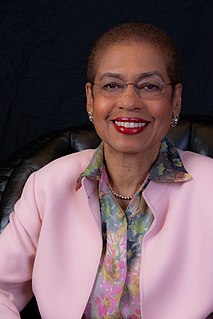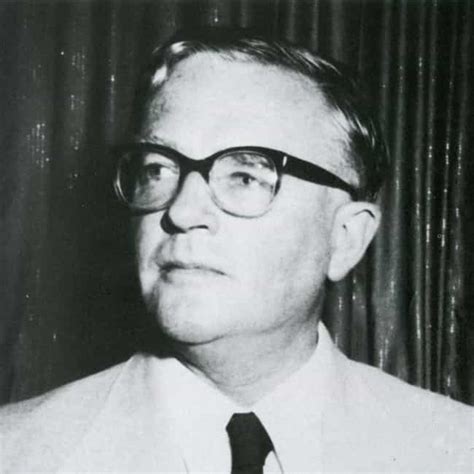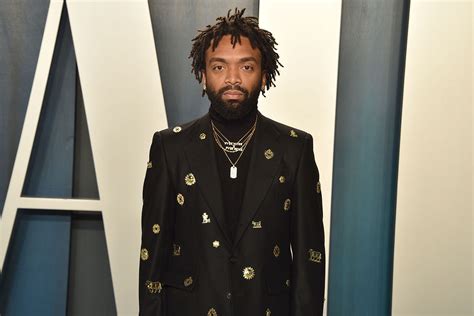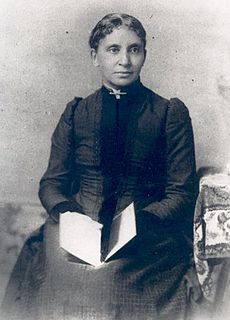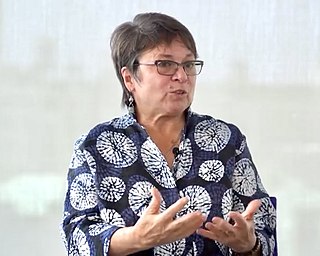A Quote by Nawal El Saadawi
We cannot be liberated as women in a society built on class oppression or gender oppression or religious oppression.
Related Quotes
I am not saying that a female-dominated or Amazon society based on the oppression of men is any more "just" than is a male-dominated society based on the oppression of women. I am merely pointing out in what ways it is better for women. [¶] Perhaps someday a choice between forms of injustice will not be necessary.
"Oppression" or "systems of oppression" operate as a shorthand terms in much writing and speaking so that we do not have to list all these systems of meaning and control each time (i.e. racism, ableism, xenophobia, etc.). I needed a term like that, but "oppression" implies a kind of top-down understanding of power that is at odds with the Foucaultian model I rely on in my work.
I am always revolted when Islamic leaders, from Afghanistan or elsewhere, deny the very existence of female oppression, avoid the issue by pointing to examples of what they view as Western mistreatment of women, or even worse, justify the oppression of women on the basis of notions derived from Sharia law.

